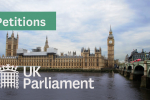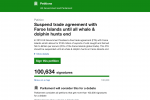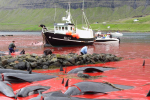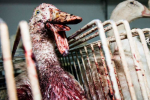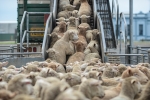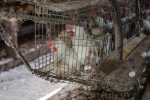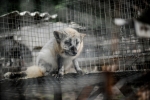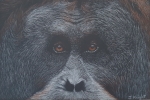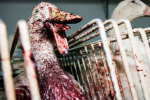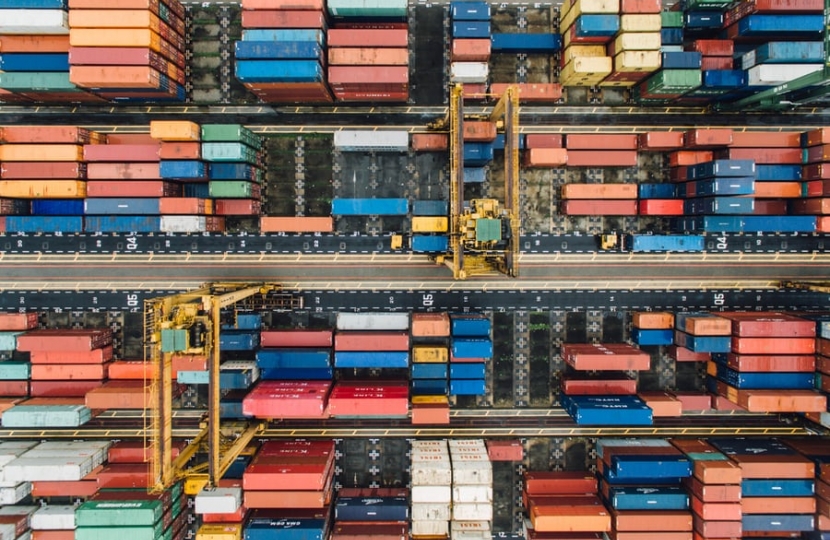
Trade can have an immense and detrimental impact on animal welfare. Animal welfare needs to be placed firmly in the minds of trade negotiators within the U.K. as we move forward with FTAs.
The UK has a considerable body of legislation on the welfare of farm animals. Many of the countries the UK is seeking an FTA with do not. When negotiating trade agreements, the UK must not accept clauses that require the UK to permit the import of meat and dairy products, or eggs, that are produced to lower animal welfare standards than those of the UK. Increasing the access to the UK market without ensuring compliance with our domestic standards promotes sub-standard imports and will affect the competitiveness of British producers. It also means we will lose any leverage in trade negotiations to improve animal welfare globally.
- The UK Government must insist on the right to refuse to import products produced to lower welfare standards than those of the UK and to enable conditional liberalisation for higher welfare animal-based products based on preferential tariffs, tariff rate quotas or non-tariff measures.
- A Free Trade Agreement must formally recognise the links between animal welfare, climate change and antimicrobial resistance under the sustainable development chapter.
- There is very little scrutiny of trade negotiations and this is particularly the case when it comes to setting tariffs: parliamentarians have no mechanism to challenge the tariffs that the executive lodge with the WTO or amendments by the Government to existing tariffs. Parliament must be fully involved in setting out the negotiating position, scrutinising and then ratifying FTAs and any setting or amending of tariffs must be done with transparent consultation. The Government should also ensure that key stakeholders are enabled to respond and shape outline deals.
- The Trade & Agricultural Commission should be established immediately and should have good animal welfare and environmental representation on it. The Commission will be tasked with producing a report on the impact on animal welfare and agriculture of each agreement the Government signs.

